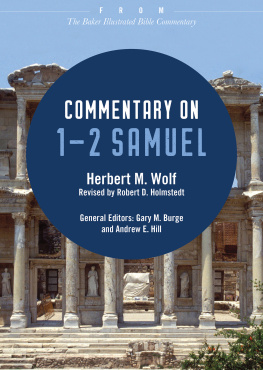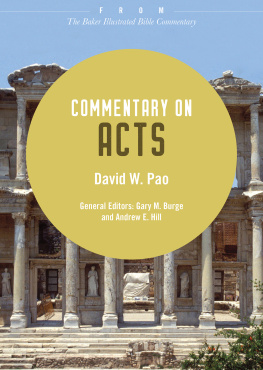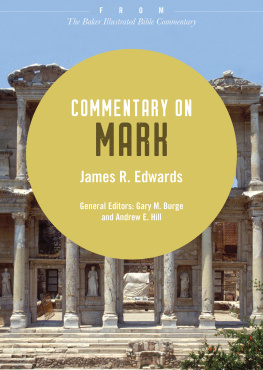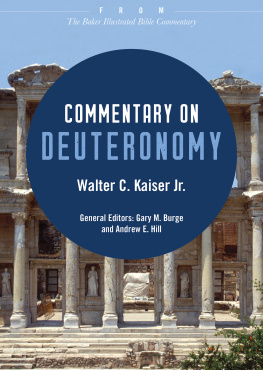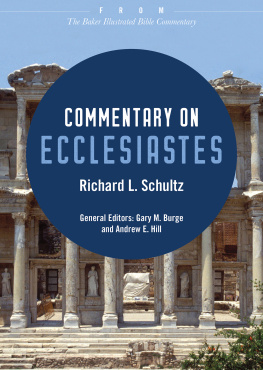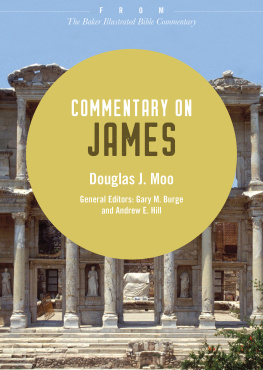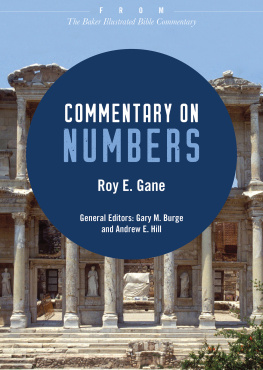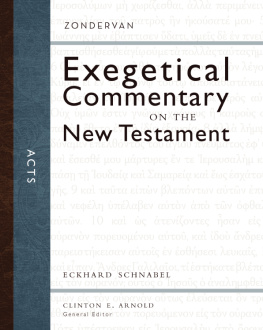Contents
Mission of the Redeemer
Redemptoris Missio
ANNIVERSARY EDITION
POPE JOHN PAUL II
Ralph Martin, S.T.D.
Library of Congress Cataloging-in-Publication Data
Catholic Church. Pope (1978-2005 : John Paul II)
[Redemptoris missio. English]
Mission of the Redeemer : Redemptoris missio / Pope John Paul II ; with commentary by Ralph Martin, S.T.D. -- Anniversary Edition.
1 online resource.
Includes bibliographical references.
Description based on print version record and CIP data provided by publisher; resource not viewed.
ISBN 978-0-8198-4953-3 (epub) -- ISBN 978-0-8198-4954-0 (mobi) -- ISBN 978-0-8198-4955-7 (pdf) -- ISBN 978-0-8198-4952-6 (pbk.)
1. Catholic Church--Missions--Papal documents. 2. Missions--Theory--Papal
documents. 3. Catholic Church. Pope (1978-2005 : John Paul II) Redemptoris missio. I.
Martin, Ralph, 1942- writer of added commentary. II. Title.
BV2180
266.2--dc23
2015014473
The Scripture quotations contained in the commentary are from the New Revised Standard Version Bible: Catholic Edition, copyright 1989, 1993, Division of Christian Education of the National Council of the Churches of Christ in the United States of America. Used by permission. All rights reserved.
Cover design by Rosana Usselmann
Cover art: Carl Heinrich Bloch, The Sermon on the Mount (1871/1877).
Cover background: Istockphoto.com / Omela
All rights reserved. No part of this book may be reproduced or transmitted in any form or by any means, electronic or mechanical, including photocopying, recording, or by any information storage and retrieval system, without permission in writing from the publisher.
P and PAULINE are registered trademarks of the Daughters of St. Paul.
Text of Redemptoris Missio Libreria Editrice Vaticana, 00120, Citt del Vaticana. Used with permission. All rights reserved.
Copyright 2015, Daughters of St. Paul
Published by Pauline Books & Media, 50 Saint Pauls Avenue, Boston, MA 021303491
www.pauline.org
Pauline Books & Media is the publishing house of the Daughters of St. Paul, an international congregation of women religious serving the Church with the communications media.
Preface
Pope John Paul IIs encyclical Mission of the Redeemer remains the most authoritative post-conciliar magisterial document on evangelization. Both Pope Paul VIs apostolic exhortation, On Evangelization in Our Day, and Pope Francis apostolic exhortation The Joy of the Gospel while important and influential, are not on the same level of authority as an encyclical.
Saint John Paul II published this document on the twenty-fifth anniversary of the close of Vatican II and the promulgation of the Decree on the Missionary Activity of the Church (December 7, 1965), which coincided with the fifteenth anniversary of Pope Paul VIs apostolic exhortation on evangelization (December 8, 1975). John Paul intended to carry forward the teaching of the Council and of Paul VI on evangelization, and also to address issues and obstacles that continued to block a flowering of evangelization in the Church.
As stated by Pope John XXIII and every subsequent pope, the purpose of Vatican II was renewal for the sake of evangelization. Pope John XXIII called the Council in the hopes that an internal renewal of the Church, particularly in the area of holiness, would lead to a more effective communication of Christ to the world.
As one of the Council documents puts it:
Although by the power of the Holy Spirit the Church will remain the faithful spouse of her Lord and will never cease to be the sign of salvation on earth, still she is very well aware that among her members, both clerical and lay, some have been unfaithful to the Spirit of God during the course of many centuries.... Led by the Holy Spirit, Mother Church unceasingly exhorts her sons to purify and renew themselves so that the sign of Christ can shine more brightly on the face of the Church. (Gaudium et Spes 43, quoting Lumen Gentium 15)
However, in the immediate aftermath of Vatican II, rather than seeing the missionary work of the Church invigorated, we witnessed a rather calamitous collapse take place. Theological currents that questioned the value of traditional missionary work and that had already been present before and during the Council grew in strength. This happened despite the strong affirmations of various Council documents that sought to encourage missionary work.
The era of colonialism was quickly drawing to an end, and severe critiques of the entwining of missionary work with colonialism impacted many missionaries and shook their confidence. Theological theories arguing that people could possibly be saved without hearing the Gospel grew in popularity. Possibility very quickly morphed into probability and then virtual certainty. The need to respect the values of existing cultures was emphasized, along with discovering and affirming the seeds of truth that already existed in them. While this had value, it also took the focus off the enduring need for conversion. All of this led to an extreme reluctance to directly say that all human beings are called to conversion to Christ, and this reluctance allowed further doubt to grow. The rise of liberation theology, which insisted on emphasizing development and improving the political and economic situation of peoples, also led many to neglect the fundamental mission of the Church: direct evangelization ordered toward faith, repentance, and conversion.
The collapse of missionary work, however, was part of a larger collapse that saw tens of thousands of priests and sisters leave the priesthood and the religious life, amid increasingly radical proposals for continuing change in the moral, doctrinal, and disciplinary beliefs and practices of the Church.
Besides the confusion within the Church, upheaval was occurring in the wider culture. Cultural historians often note the year 1968 as a major turning point in the rejection of tradition and authority in the culture at large. Student riots and anti-war demonstrations, the assassinations of Martin Luther King, Jr. and President John F. Kennedy, and a musical and drug culture that celebrated what traditionally had been seen as immoral behavior added to the turmoil. The youth cultures turn against traditional Christian valuessymbolized and epitomized by the sexual revolutiongathered force over the years and eventually influenced the whole culture.
During John Paul IIs pontificate, Cardinal Joseph Ratzinger described the actual situation in rather stark terms, using the biblically resonant phrase mass apostasy:
We are witnessing a sort of mass apostasy; the number of baptized persons is decreasing drastically.... And the number of people in the West who feel that they are really members of the Church will decline further in the near future. We do not know what might happen in fifty years timesuch futurology remains impossiblebut for the near future we see the process of secularization continuing; we see the faith diminishing; we see the separation between the commonly accepted culture and Christian faith and culture.
This is the context in which John Paul II wrote his important encyclical, which we will now consider in some detail and explore its implications for our own lives. It is so rich and considers so many themes that sometimes in our treatment of a particular chapter we will be able only to address one or two. We will focus on those themes that we judge will be most personally helpful.








